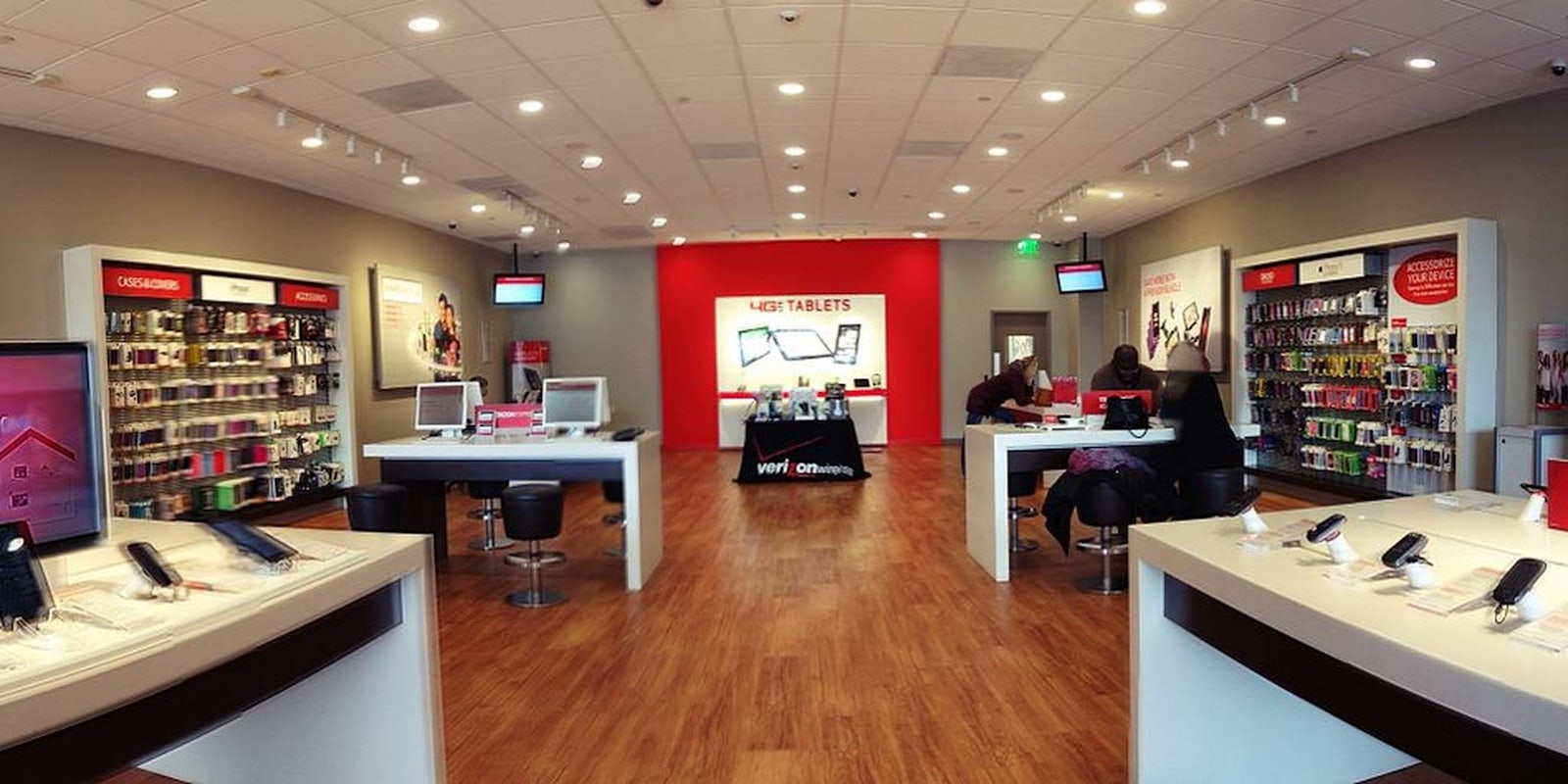On Wednesday the former chief lobbyist for wireless industry penned a letter to the CEO of one of largest cell phone companies in America.
The wireless company, Verizon, had just announced that it was planning on instituting a program of deliberately slowing down the Internet speeds of its heaviest wireless users in the name of ?network management.” The lobbyist, who was formerly the president of the Cellular Telecommunication & Internet Association, the most prominent wireless industry group in the nation, wrote to Verizon CEO Dan Mead that he was deeply skeptical of the plan and demanded the company answer a trio of pointed questions about its intentions.
In most cases, this situation would likely result in nothing more than a few awkward conversations or, if the letter attracted enough outside attention, maybe a writeup in Ars Technica or an interview on NPR. However, this particular lobbyist has since gotten a new job that makes the whole situation a lot more interesting: he’s now the chairman of the Federal Communications Commission—someone who might be in a position to actually do something about Verizon’s plan if he decides that it’s seriously problematic.
Last week, Verizon announced that, starting at the beginning of October, the top five percent of the heaviest data users on the company’s 4G LTE network will have their speeds slowed considerably when they are connecting to heavily-used cell towers during peak hours.
This change will only affect users with unlimited data use plans. The company has been gradually attempting to get rid of these unlimited data plans by requiring users to switch over the capped plans if they want to get discounted upgrades on new phones; however, there remains a significant number of people who refuse to switch.
Verizon has operated a similar throttling program on its 3G network for three years.
“‘Reasonable network management’ concerns the technical management of your network; it is not a loophole designed to enhance your revenue streams,” Wheeler noted in the letter. ?It is disturbing to me that Verizon Wireless would base its ‘network management’ on distinctions among its customers’ data plans, rather than on network architecture or technology.”
The letter went on to detail the conditions under which a network management practice would be considered legitimate, including moves to ensure the security of the network and taking steps to curb traffic that its users don’t actually want. Wheeler wrote, “I know of no past Commission statement that would treat as ‘reasonable network management’ a decision to slow traffic to a user who has paid, after all, for unlimited service.”
Wheeler, who has been widely criticized for supporting an FCC plan that would allow broadband providers (like Verizon) to charge online content providers like Netflix and YouTube for faster access to consumers through their pipes, requested Mead provide Verizon’s rationale for treating customers different based on the type of data plan to which they subscribe.
He asked why the company feels the need to reduce speeds on the 4G LTE it has spent millions of dollars advertising as more robust then its competitors? Wheeler also implied that the policy likely violates a multi-billion dollar deal Verizon struck with the FCC to get access to a new section of the wireless spectrum in 2008, which required the company to refrain from restricting the ability of its customers to download data and use applications on the network as they pleased.
An FCC spokesperon declined to comment on what potential actions the comission could take against Verizon if it found the company was unjustifiably throttling users or braking its prior contractual obligations to the FCC.
As of March, someone would have to use over 4.7GB of data in order to quality for throttling. Verizon has encouraged users worried about having their download speeds slowed when doing high-bandwidth activities like streaming movies or playing online games to switch plans.
Verizon has suggested its unlimited data customers worried about having their experience slowed should switch over to a “MORE Everything” plan, which allows users to pull from a shared pool of data for multiple devices. The cheapest for users crossing over into the top five percent of users would be a 6GB plan that runs $80 per month, considerably more than what some unlimited data users are currently paying.
Additionally, Verizon doesn’t seem interested in actually stopping users from using large amounts of data, only ensuring that they pay for it if they do. The data use tiers on the MORE Everything plan top out at 100GB for the princely sum of $750 a month.
The company has noted that users with government or business accounts will not experience any slowdowns, no matter how much data they use each month.
A Verizon spokesperson told Motherboard on Wednesday that the company will respond to Wheeler after it has time to review the missive. However, the spokesperson noted, ?what we announced last week was a highly targeted and very limited network optimization effort, only targeting cell sites experiencing high demand. The purpose is to ensure there is capacity for everyone in those limited circumstances, and that high users don’t limit capacity for others.”
Photo by WestportWiki/Wikimedia Commons (CC BY-SA 3.0)


